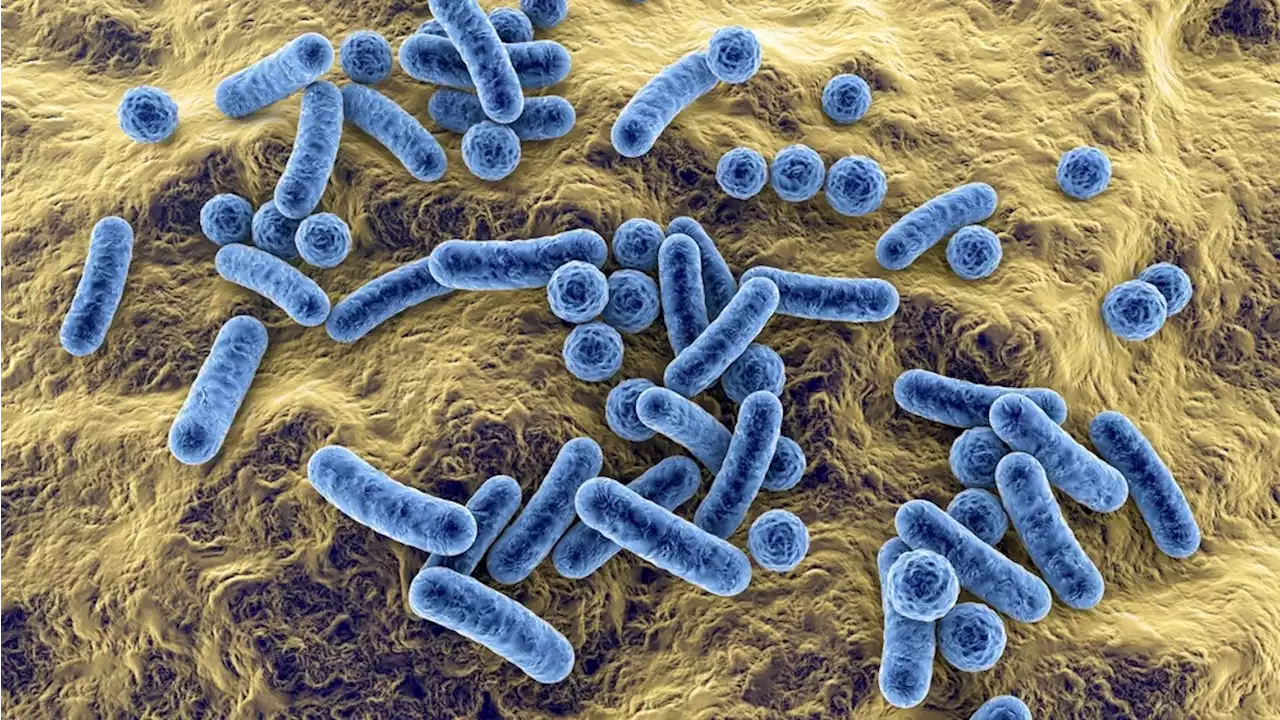Urban jungle: How city living may impact mental health UrbanLiving MentalHealth EnvironmentalFactors Genetics BrainHealth PsychiatricSymptoms Neurobiology UrbanEnvironment UrbanLife NatureMedicine
By Tarun Sai LomteJun 19 2023Reviewed by Benedette Cuffari, M.Sc. Two-thirds of the global population will live in cities by 2050. Urban life is characterized by high-density commercial and residential buildings, more stressful conditions, lower access to green areas, and higher exposure to substance use.
Study findings In the present study, researchers investigate the effects of urban environments on the mental health of adults between 41 and 77 years of age in the United Kingdom Biobank . The study included 156,075 participants, predominantly from urban areas. Participants were sub-stratified based on the availability of neuroimaging data.
The affective symptom group comprised frequencies of tiredness, unenthusiasm, depressive mood, feeling fed-up, and loneliness. Moreover, these symptoms positively correlated with sound and air pollution, density and traffic of urban infrastructures, measures of street network accessibility, and socioeconomic indices of multiple deprivations.
The third set of symptoms, which was categorized into the emotional instability symptom group, comprised mood swings, frequency of feeling miserable or highly strung, neuroticism score, sensitivity and irritability, risk-taking, stress, grief, and hurt feelings. These symptoms negatively correlated with distance to food stores and densities of water, unused land, amenities, and open space.
Over 3,400 significant associations with single-nucleotide polymorphisms were reported in genes for the affective symptom group. The strongest associations were for SNPs in a supergene candidate on chromosome 17q21.3 and the corticotropin-releasing hormone receptor 1 gene. Likewise, 12 brain volumes were associated with the third urban environmental profile and emotional instability symptom group.
United Kingdom Latest News, United Kingdom Headlines
Similar News:You can also read news stories similar to this one that we have collected from other news sources.
 Could mutated blood cells hold the key to lower Alzheimer's risk?Could mutated blood cells hold the key to lower Alzheimer's risk? NatureMedicine StanfordMed alzheimers AD disease bloodcells mutated research
Could mutated blood cells hold the key to lower Alzheimer's risk?Could mutated blood cells hold the key to lower Alzheimer's risk? NatureMedicine StanfordMed alzheimers AD disease bloodcells mutated research
Read more »
 Trends in the prevalence of hospital-associated infections caused by high-priority pathogensTrends in the prevalence of hospital-associated infections caused by high-priority pathogens PLOSMedicine HopkinsMedicine infection pathogen bacteria disease
Trends in the prevalence of hospital-associated infections caused by high-priority pathogensTrends in the prevalence of hospital-associated infections caused by high-priority pathogens PLOSMedicine HopkinsMedicine infection pathogen bacteria disease
Read more »
 Current estimates of national, state-level, and county-level prevalence of US adults reporting a lifetime diagnosis of depressionCurrent estimates of national, state-level, and county-level prevalence of US adults reporting a lifetime diagnosis of depression CDCgov ORISEconnect depression mentalhealth health diagnosis
Current estimates of national, state-level, and county-level prevalence of US adults reporting a lifetime diagnosis of depressionCurrent estimates of national, state-level, and county-level prevalence of US adults reporting a lifetime diagnosis of depression CDCgov ORISEconnect depression mentalhealth health diagnosis
Read more »
 Study describes health outcomes following simultaneous vaccination with monovalent primary series COVID-19 vaccinesStudy describes health outcomes following simultaneous vaccination with monovalent primary series COVID-19 vaccines CDCgov DeptPopMed vaccine vaccination COVID19 coronavirus covid health
Study describes health outcomes following simultaneous vaccination with monovalent primary series COVID-19 vaccinesStudy describes health outcomes following simultaneous vaccination with monovalent primary series COVID-19 vaccines CDCgov DeptPopMed vaccine vaccination COVID19 coronavirus covid health
Read more »
 Guess what happened to this US agency that didn't patch?Also: Hackers target security researchers, MaaS model flourishing, and this week's vulnerabilities
Guess what happened to this US agency that didn't patch?Also: Hackers target security researchers, MaaS model flourishing, and this week's vulnerabilities
Read more »
